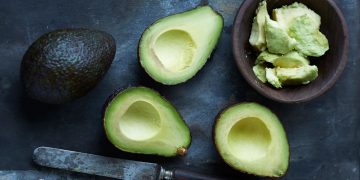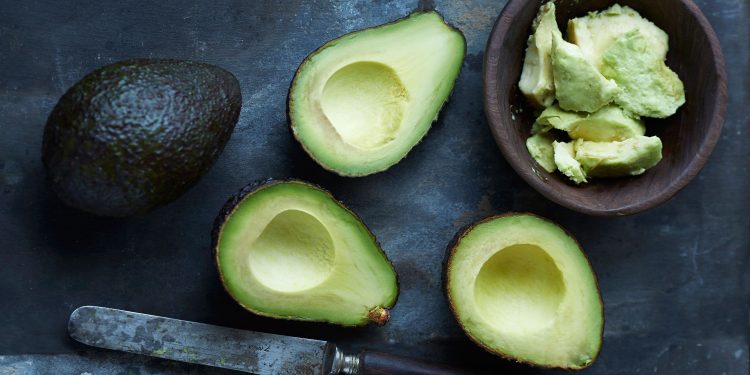#Agriculture #AvocadoProduction #TropicalFruitFarming #AlanyaFarmers #SustainableAgriculture #WaterEfficiency #TurkishAgriculture #CropDiversification
In the picturesque Alanya district of Turkey’s Antalya province, a quiet revolution is taking place in the agricultural landscape. Farmers, agronomists, and farm owners are switching their focus from bananas to avocados. This shift is driven by lower maintenance costs and the promise of higher profits that avocado cultivation offers. In this article, we’ll delve into the reasons behind this transition, explore the data on avocado production, and understand why this move is a game-changer for Alanya’s agriculture.
The Transition to Avocado Cultivation
For years, bananas reigned supreme as the crop of choice for Alanya’s farmers. However, the allure of avocados, with their tropical climate adaptability and impressive yields, has captivated the agricultural community. Farmers are now opting for avocados due to their lower production costs and increased financial returns.
According to Tahir Göktepe, the head of the Alanya Chamber of Agriculture, during the period from August 2022 to March 2023, local farmers produced a staggering 130 million avocados. The driving force behind this shift is the significant reduction in water consumption associated with avocado farming.
Water Efficiency: A Key Factor
Bananas are notorious for their high water requirements, especially during the scorching summer months. In contrast, avocados, along with other tropical fruits like mangoes, demand significantly less water. While banana production devours four tons of water daily per acre, avocados thrive with just two hours of watering per week. This stark contrast slashes production costs by a remarkable 20%. It’s clear that water consumption is a pivotal factor fueling this agricultural transformation.
The Growing Avocado Industry in Alanya
Today, almost 3,000 producers are engaged in avocado cultivation across an area of approximately 7,500 decares in the district. Tahir Göktepe revealed, “We have 2,500 avocado trees. In the first year, we usually don’t get much yield. We ask our producers not to pick the fruit even if the tree bears fruit, as this helps the tree develop better.”
As the industry gains momentum, expectations are high. Göktepe anticipates that avocado production will reach an impressive 150 million fruits in the upcoming season. What’s more, a diverse range of individuals, from farmers to professionals in various sectors, has contributed to the avocado industry’s growth, especially during the pandemic. This collective effort is expected to reflect positively on production levels.
“The orchards planted in 2021-2022 will start yielding next season. With their contribution, this year’s products will be sufficient for both the domestic market and exports,” Göktepe confidently stated.
The shift from banana cultivation to avocados in Alanya is a testament to the adaptability and profitability of tropical fruit production in the region. Reduced water consumption and higher financial returns are driving this transformation, making avocados the new gold standard in Alanya’s agriculture. As the industry continues to grow, it promises a bright and fruitful future for farmers, agronomists, and all stakeholders involved.































